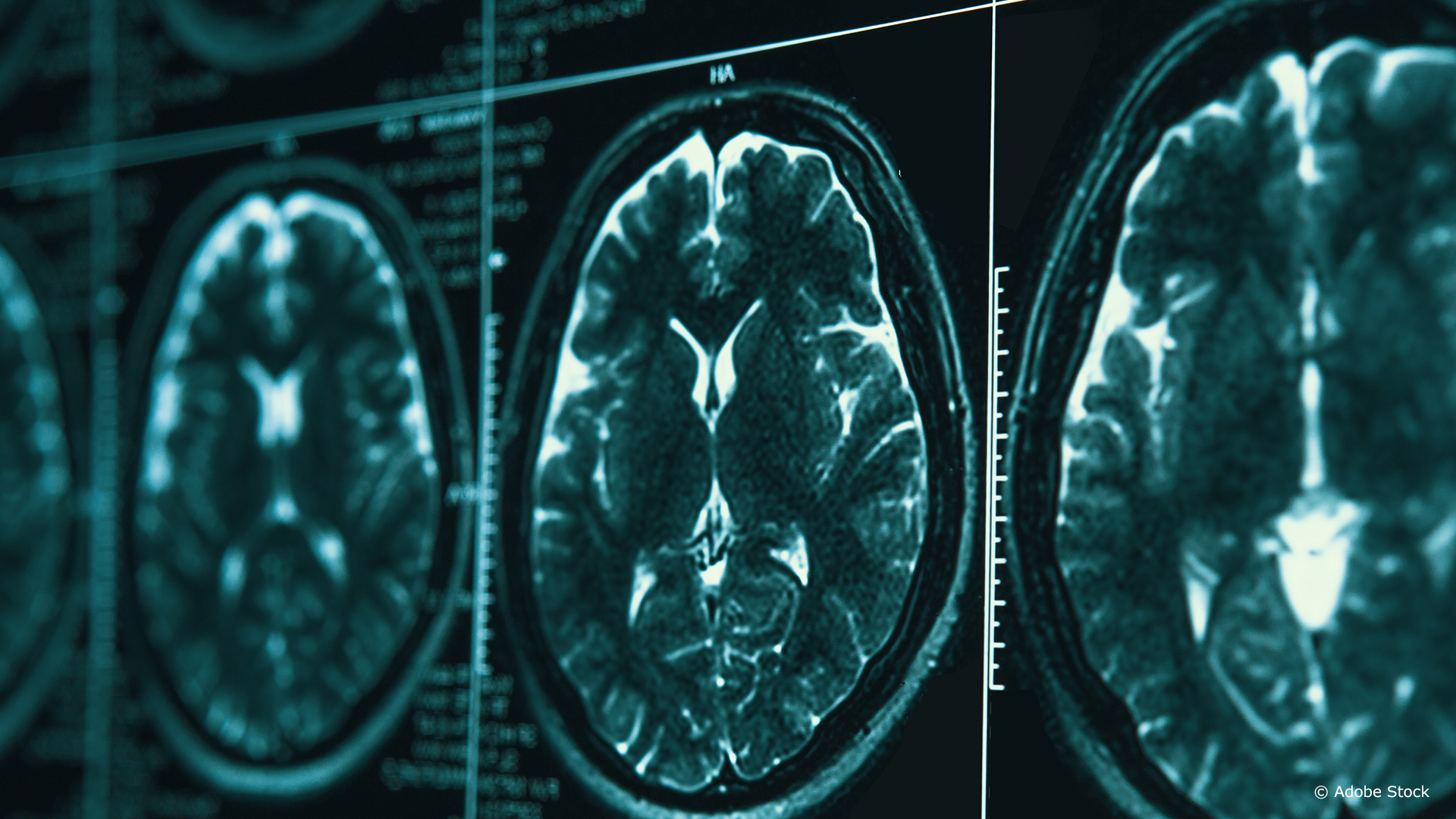
Research led by former PhD student Nick Corriveau-Lecavalier and Sylvie Belleville, laboratory director at the Institut universitaire de gériatrie de Montréal and professor in the Department of Psychology at Université de Montréal, has shown that abnormal hyperactivation in certain areas of the brain, including the hippocampus and parietal lobe, may constitute an early sign of Alzheimer disease in at-risk individuals. Indeed, brain hyperactivity combined with genetic and cognitive tests could become a biomarker to pinpoint the disease several years before the first clinical signs, such as difficulties with memory, judgment and speech, ever appear.
Indeed, brain hyperactivity could become a biomarker to pinpoint the disease.
To conduct the study, the research team relied on data provided by the Consortium for the Early Identification of Alzheimer Disease, a cohort of 350 high-risk Quebecers. The experts focused on a group of 28 people who expressed memory-related concerns but had not been diagnosed with Alzheimer’s disease or a cognitive impairment. The individuals were compared to 26 study participants who were experiencing mild cognitive impairment. Analyses of the brain images captured during a memory task revealed abnormally high levels of brain activation in members of the first group and decreased activity in those considered to be in a more advance stage of the disease.
The trajectory of the hyperactivity follows an inverted U shape: it rises rapidly at the outset of the disease and then declines as the brain becomes more and more affected.
The next step is to identify the study participants who will actually develop Alzheimer disease and figure out how quickly it will progress. Sylvie Belleville and her colleagues will continue to follow the cohort to determine whether brain hyperactivation can be used as a predictive tool.

